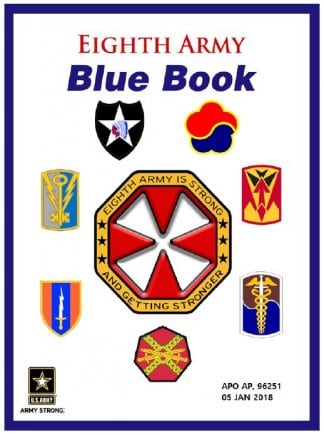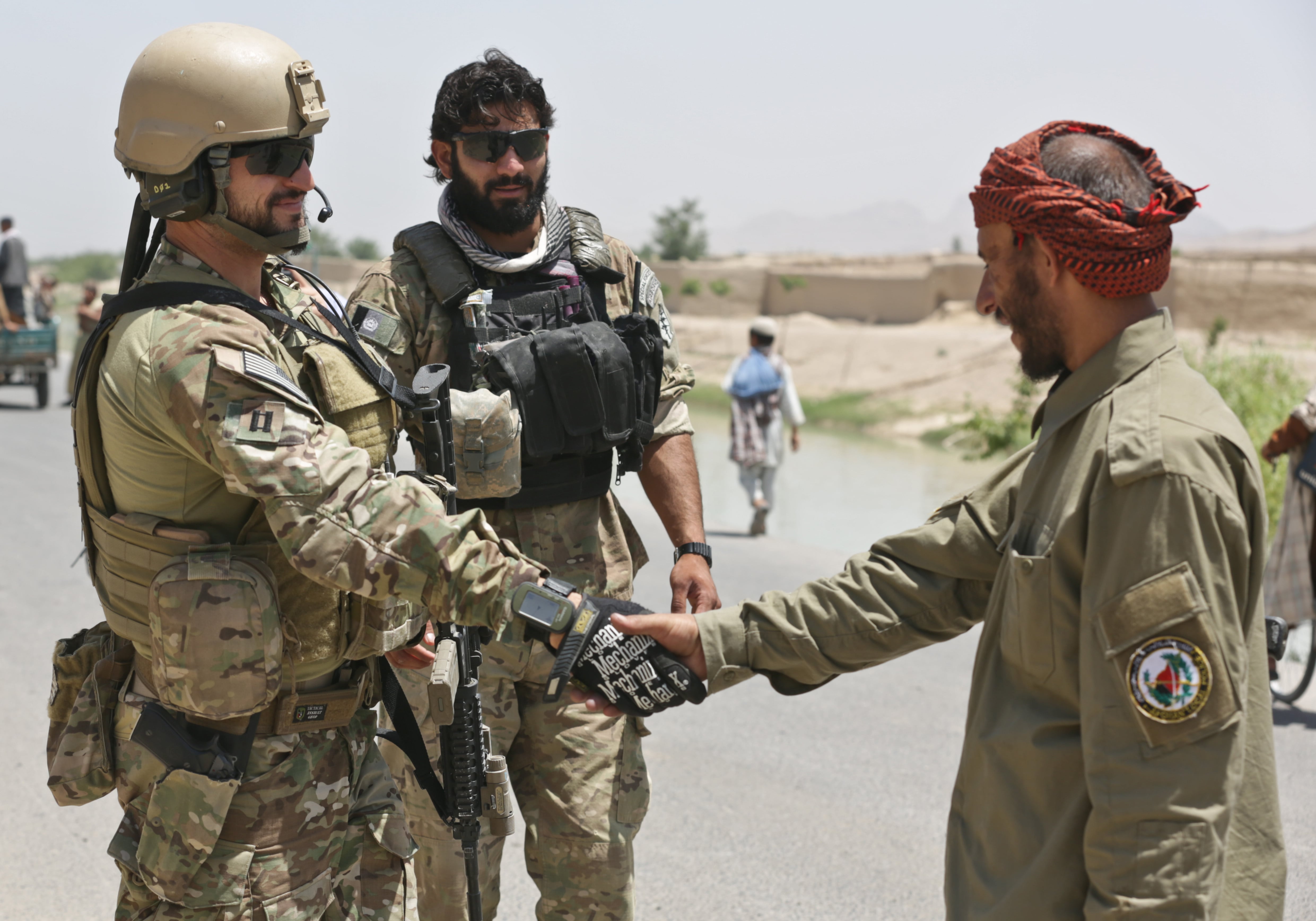Though soldiers forward deployed to South Korea are able to spend their evenings, weekends and leave as they wish, until recently, a special Eighth Army grooming regulation mandated that they be clean shaven at all times.
But Eighth Army’s new commander, Lt. Gen. Michael Bills, has rescinded that requirement, along with a handful of other conduct and appearance standards that govern soldiers stationed, or on temporary duty, in Korea.
The changes went into effect Jan. 5 and were announced Feb. 1.
“In the past, we’ve been more restrictive in four areas of appearance of our soldiers in order to keep a strong alliance here on the ‘pen’ in regards to the cultural norms of the Korean population, but [times and trends] have changed,” Command Sgt. Maj. Richard Merritt, the senior enlisted soldier for Eighth Army said in an Army release.

Korean locals are now more accepting of western appearance standards, he added, so the command is updating its regs to given soldiers more options.
RELATED

The following changes are now in effect for Korea-based soldiers:
- Male soldiers no longer need to shave while off duty and in civilian clothes on post.
- Soldiers can wear civilian headgear indoors while on post, except at dining facilities, movie theaters and chapels. The headgear can also be worn sideways or backwards.
- Male soldiers can wear earrings while off duty in civilian clothes, on and off post.
- Women may wear any hairstyle authorized by AR 670-1.
- Leaders can modify the Army Physical Fitness Uniform to incorporate combat gear — for example boots, vests and assault packs — during conditioning foot marches on any day except Thursday.
Soldiers can continue to be good ambassadors for the Army with these changes, Eighth Army leaders said.
“Changing the standard doesn’t change discipline,” said Merritt. “The NCO corps are still the stewards of our standards and are required to enforce them.”
Meghann Myers is the Pentagon bureau chief at Military Times. She covers operations, policy, personnel, leadership and other issues affecting service members.





